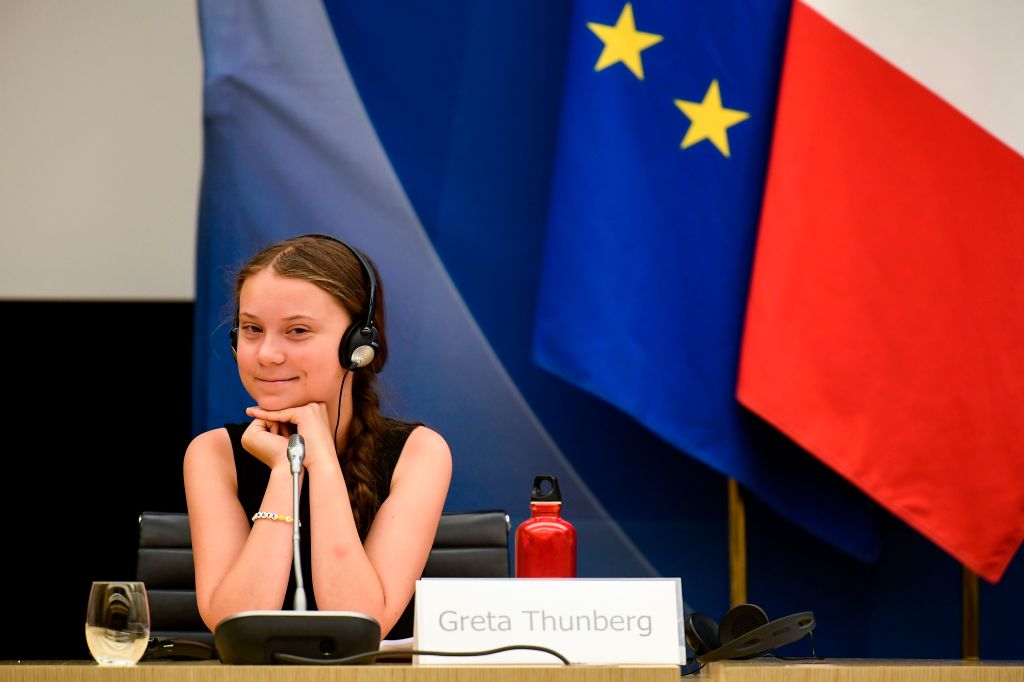European star climate activist Greta Thunberg is coming to America in zero-emission style


A free daily email with the biggest news stories of the day – and the best features from TheWeek.com
You are now subscribed
Your newsletter sign-up was successful
Greta Thunberg, the 16-year-old Swedish student whose school-skipping protests to highlight the existential need for big action on climate change have inspired tens of thousands of European teens to join her "school strikes," is coming to spread her message to the U.S., she said Monday. Thunberg will attend United Nations climate summits in New York in September and Chile in December, but she had struggled for months to come up with an ecologically appropriate form of travel.
Airplanes are big polluters but so are cruise ships, and smaller boats are dangerous to sail through August's active hurricane-prone Atlantic waters. "Taking a boat to North America is basically impossible," she told The Associated Press, except aboard the high-speed racing yacht she will travel on, accompanied by a filmmaker, her father, Svante, and Pierre Casiraghi, the grandson of the late Grace Kelly and Monaco's Prince Rainier III. The 60-foot yacht, Malizia II, runs on solar panels and underwater turbines to generate zero carbon emissions. "I haven't experienced anything like this before," Thunberg told AP, giggling. "I think this will be a trip to remember."
Thunberg said she plans to appear at the U.N. and take part in several climate protest in New York, but she thinks meeting President Trump would be "just a waste of time" because "I have nothing to say to him." Trump "obviously doesn't listen to the science and the scientists," she reasoned. "So why should I, a child with no proper education, be able to convince him?"
The Week
Escape your echo chamber. Get the facts behind the news, plus analysis from multiple perspectives.

Sign up for The Week's Free Newsletters
From our morning news briefing to a weekly Good News Newsletter, get the best of The Week delivered directly to your inbox.
From our morning news briefing to a weekly Good News Newsletter, get the best of The Week delivered directly to your inbox.
A free daily email with the biggest news stories of the day – and the best features from TheWeek.com
Peter has worked as a news and culture writer and editor at The Week since the site's launch in 2008. He covers politics, world affairs, religion and cultural currents. His journalism career began as a copy editor at a financial newswire and has included editorial positions at The New York Times Magazine, Facts on File, and Oregon State University.
